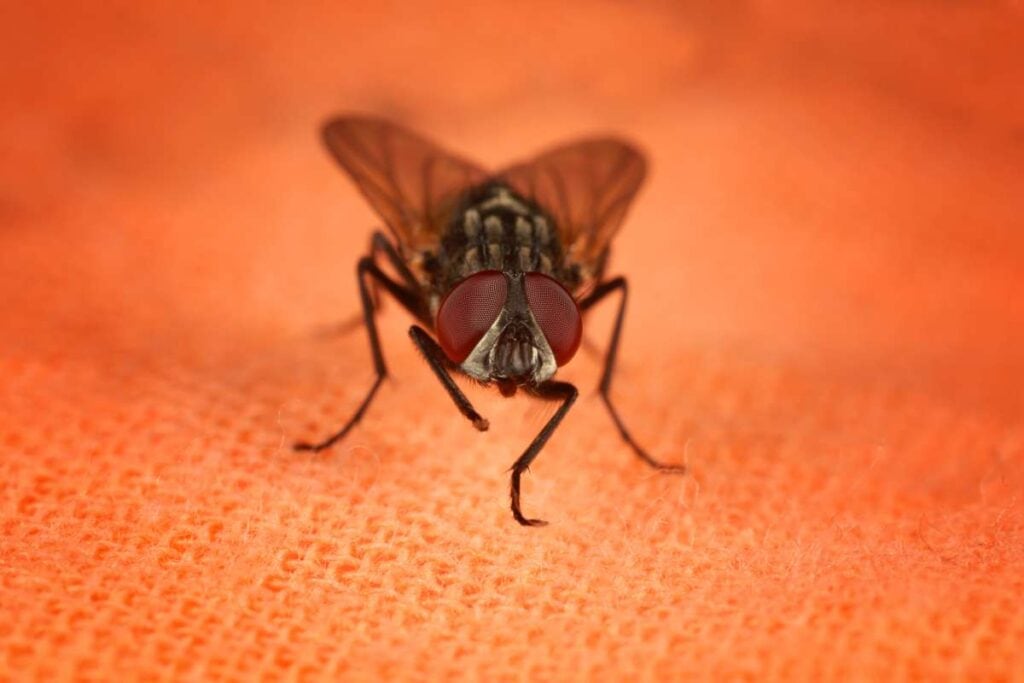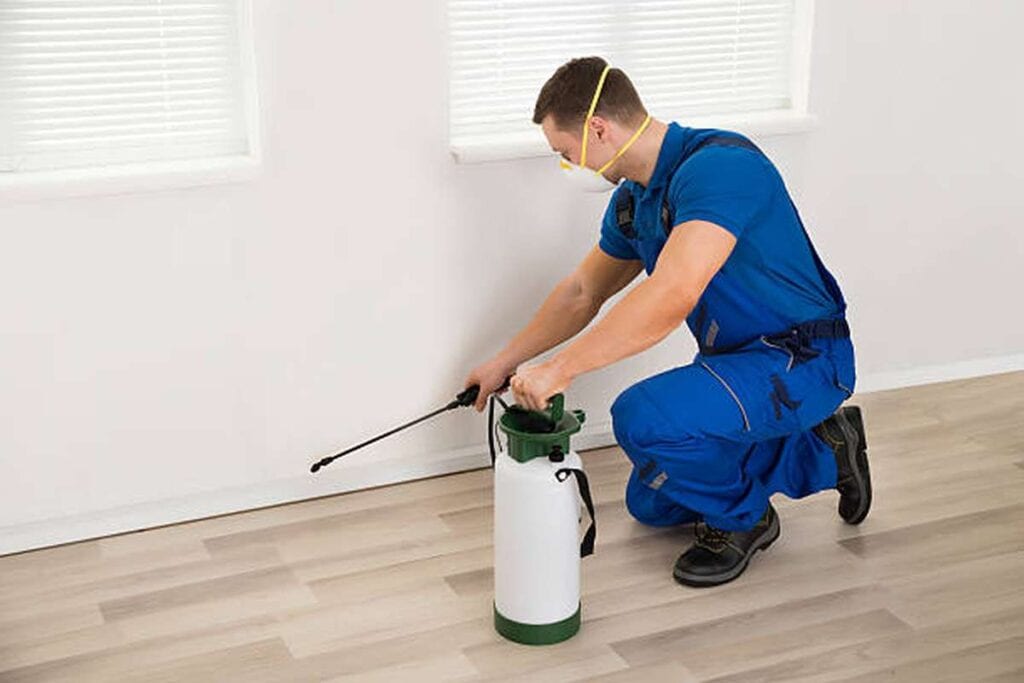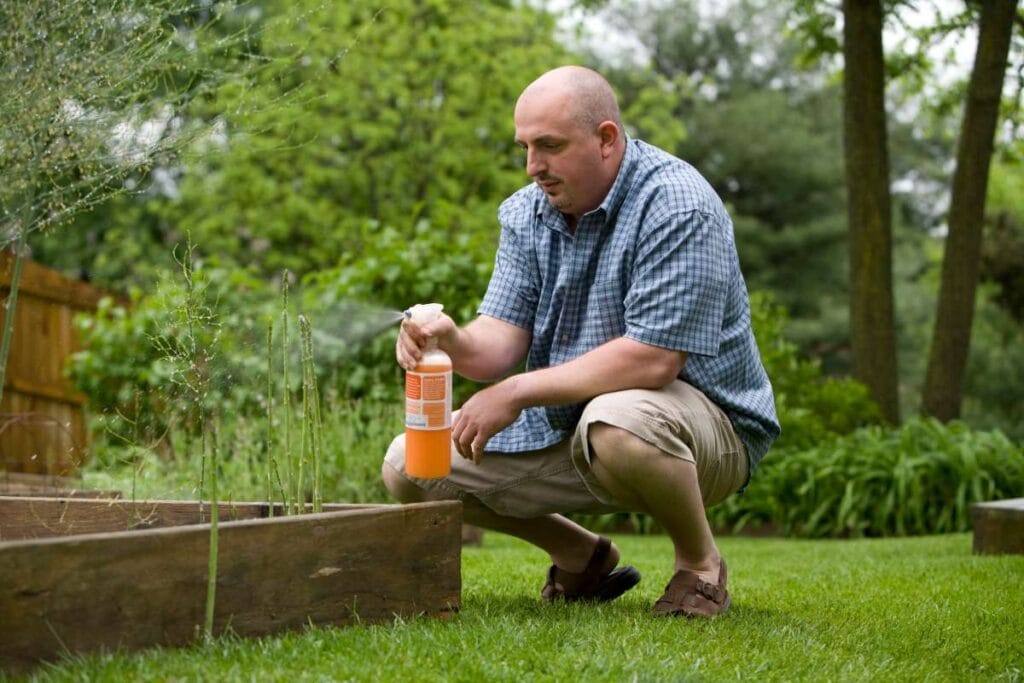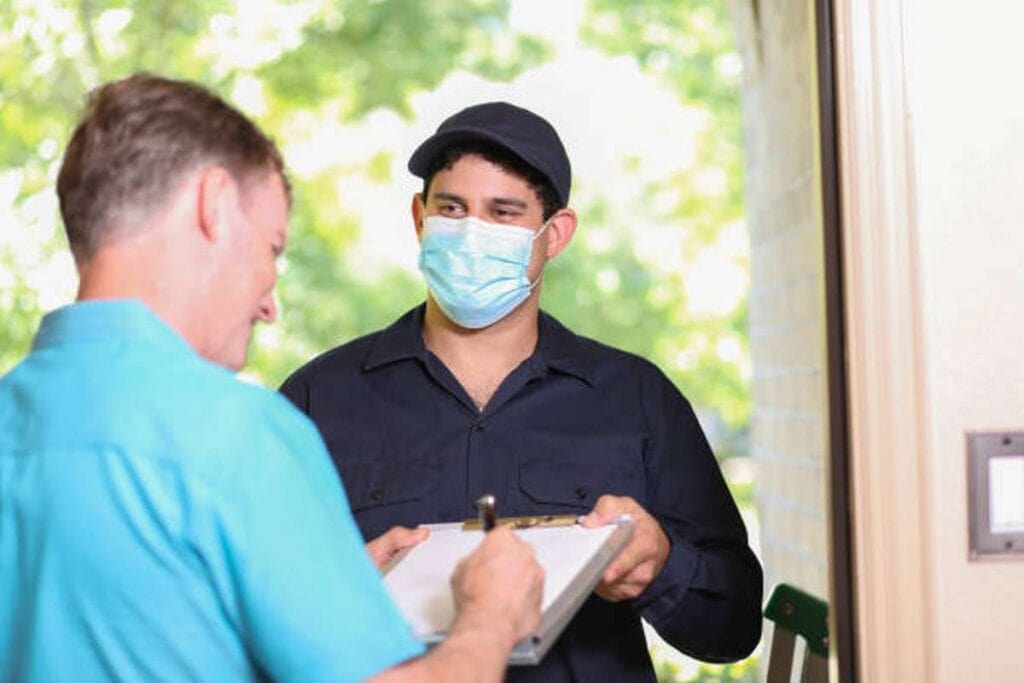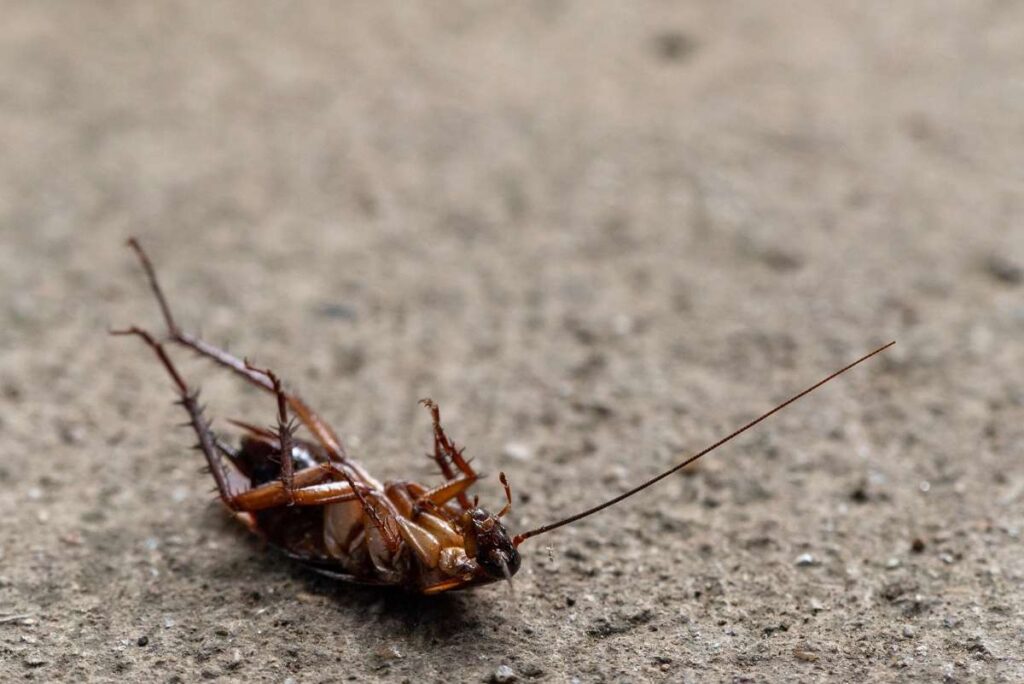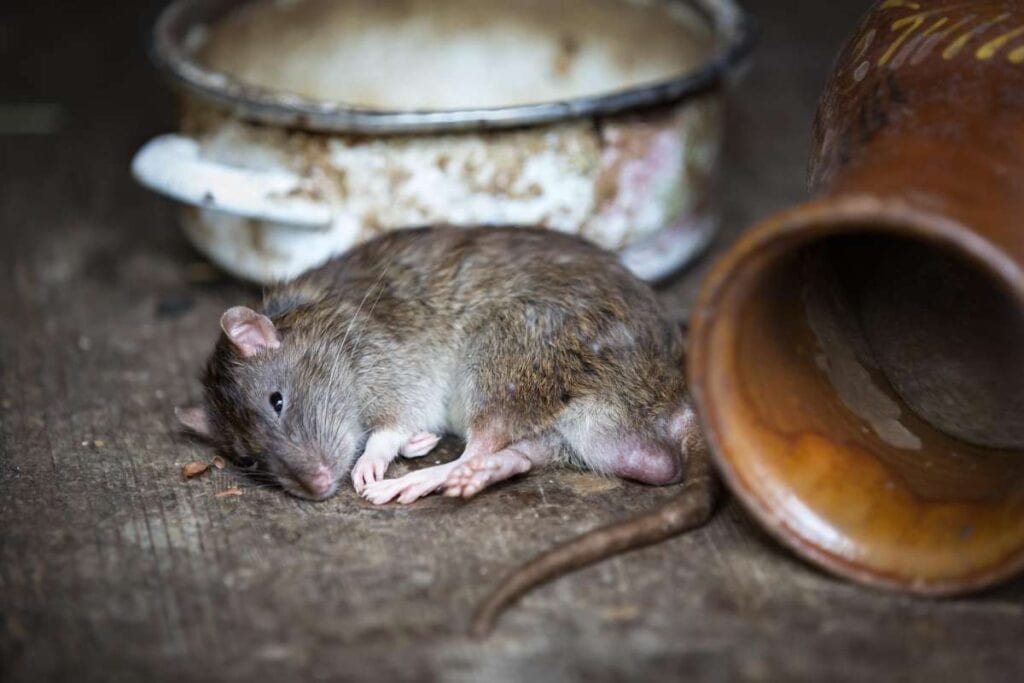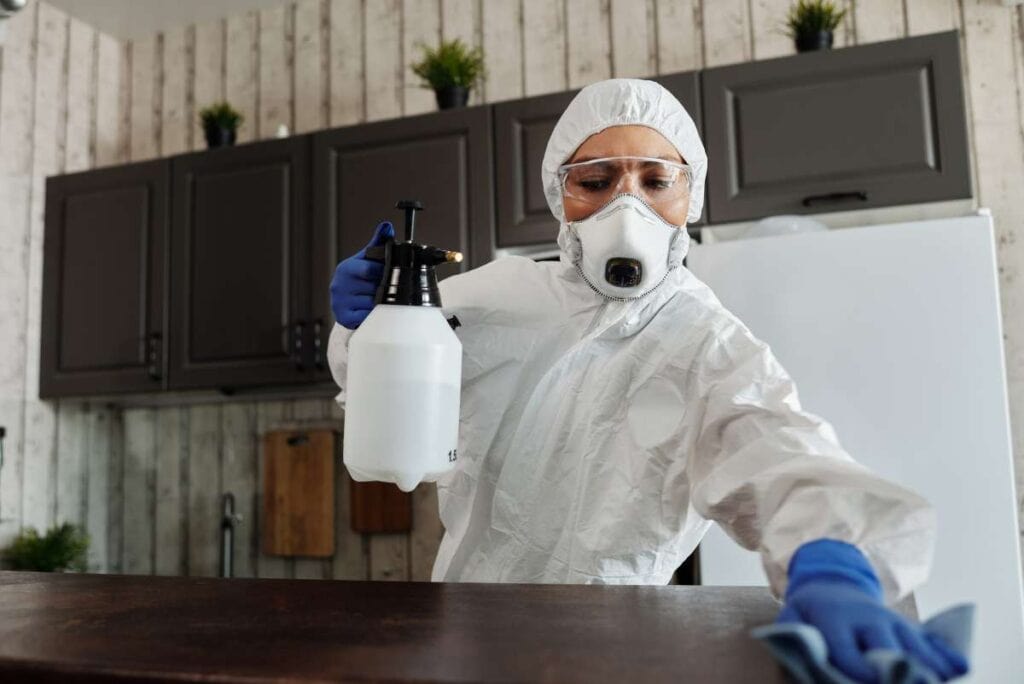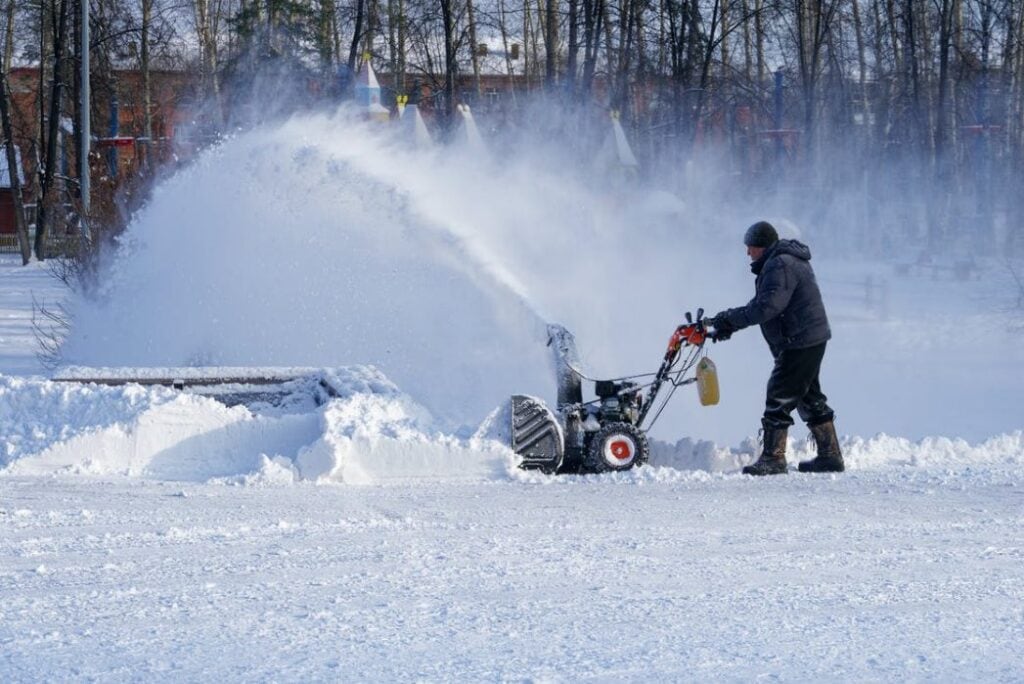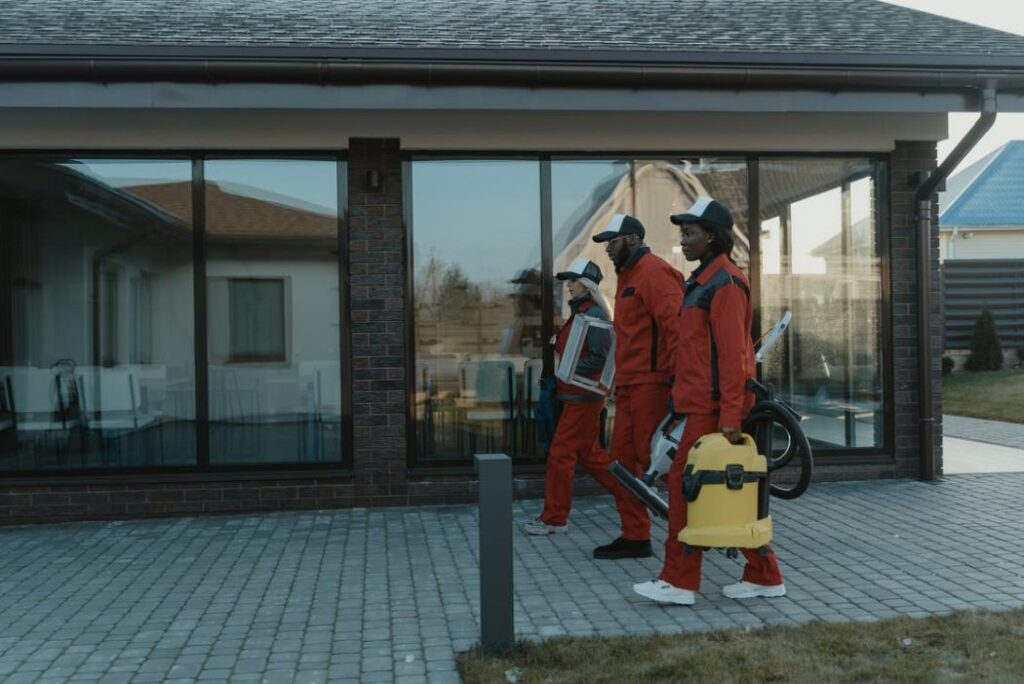Insects are universally reviled, yet everyone has their own "Insect I Love to Hate." Although the variety of insects is high, some common pests do seem to recur more often than others. The cockroach, ant, bed insect, flea, tick, and mosquito are all strong candidates for inclusion.
Beetles, grain moths, spiders, centipedes, termites, flies, and gnats are just some of the various insects that could be considered. Unlike our primary competitors, secondary ones don't appear to cause nearly as much unease, with the potential exception of termites, which are the scourge of any property owner.
Our 'top nominees' share another trait: they are difficult to detect and even more challenging to eradicate. To that end, let's take a minute to investigate the tenaciousness of these pests and the measures that can be taken to eradicate them.
Therefore, listed below are the 'villain' bugs in no particular order:
Bed Bugs
Bed bug infestations require immediate, firm action. These unwanted guests can proliferate at an alarming rate, eventually making their way into every room of the house. Verify that the insects are, in fact, bed bugs. They have small, flat, oval shapes and are typically a brown tint, making them easy to see. Additionally, they lack wings.
Clutter and debris in the bedroom provide the perfect hiding places for bed bugs. The bites you and your loved ones may suffer while sleeping will be the clearest indicator of their presence. Like mosquito bites, these are little, irritating bumps; however, some unfortunate individuals get larger, puffier red lesions instead. There should also be microscopic crimson stains on your bedding such as sheets, pillows, and blankets.
Why is it so difficult to eliminate bed bugs? It's a hassle to find them all because they can and will hide wherever. Start by giving the baseboard, furniture, mattresses, box springs, bed frames, shelves, drapes, carpets, and anything else in the house a good vacuum. Bed bugs thrive in disorganised spaces, so it's important to get rid of any extra furniture and clean your bedding and clothing thoroughly.
Cockroaches
Not only are cockroaches famously hard to discover, but they are also notoriously difficult to permanently remove. But if you take away their food source, you may immediately see a decrease in their population. In most cases, cockroaches will congregate near food sources; if you remove those supplies, the pests will move on to other regions in search of food. Keep perishables like flour, cereal, grains, sugars, and other foods in airtight containers like bags, boxes, or plastic bins, and refrigerate perishables like fruits and vegetables.
Cockroaches are difficult to find as well, although they tend to congregate in places where there is a lot of clutter, such as cardboard boxes, magazines, newspapers, and the dark areas surrounding water pipes. Water is essential for the survival of cockroaches.
Seal off any holes or cracks you find in the basement, the attic, and the exterior of the house to help keep insects out for good. You shouldn't just look under the things you use every day; you should also check the things themselves, in addition to any wires, hoses, or ducts that might lead outside.
Ticks
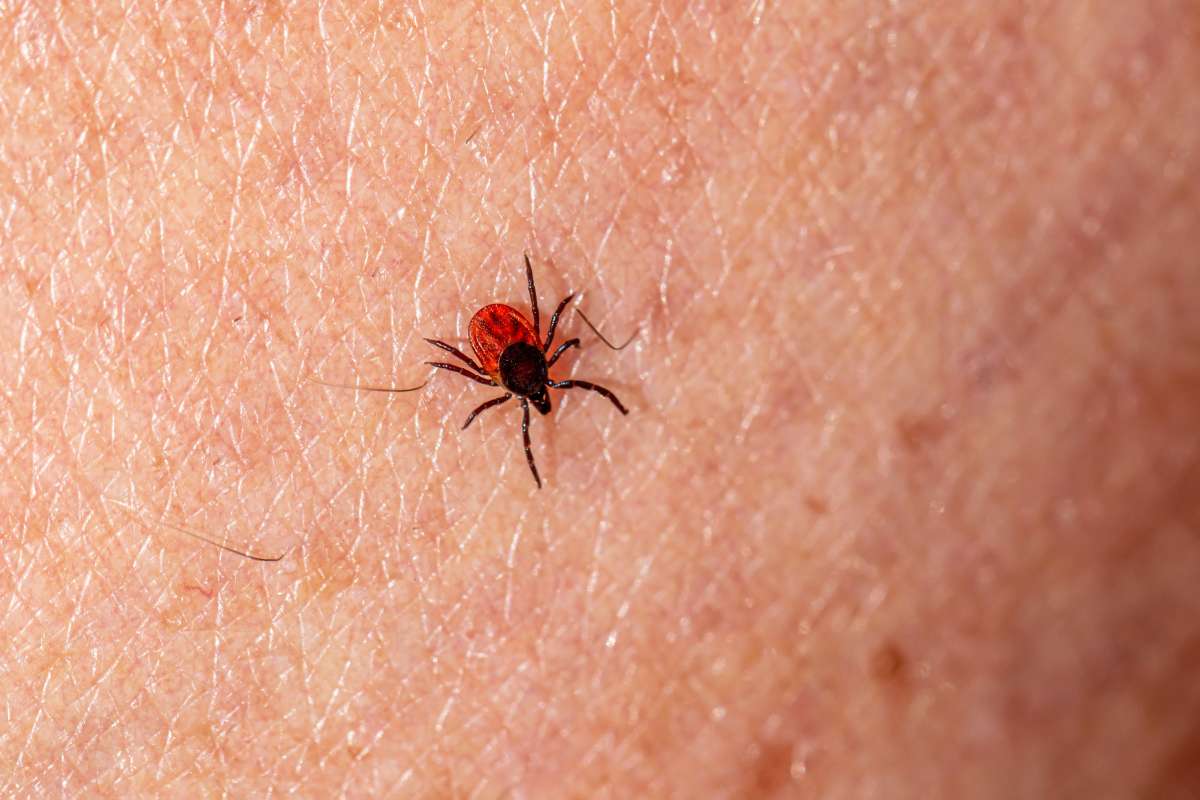
It's debatable whether mosquitoes or ticks are more harmful to humans. There is no denying the fact that ticks infect thousands of people annually with diseases, regardless of what the scientists decide. And despite widespread perception, ticks can transmit more than just Lyme disease. They can spread diseases such tularaemia, Rocky Mountain spotted fever, babesiosis, ehrlichiosis, anaplasmosis, Southern tick-associated rash illness, and relapsing fever. In addition to being an annoyance, they pose a serious risk to public health and must be eliminated.
Ticks cannot jump or fly, and they wait in tall grass or shrubs to creep onto their prey. Ticks will attach themselves to just about anything, although deer seem to be their favourite hosts. However, they will also exploit humans and domesticated animals like dogs and cats to gain access to warm, dry environments where they can thrive for months. And if there are deer around, you can bet there are ticks, too! Keep in mind that tick bites rarely cause discomfort, thus many go unnoticed.
Ticks can be avoided by avoiding tick hotspots, treating clothing and equipment with materials containing 0.5% permethrin, and using an insect repellent that has been certified by the Environmental Protection Agency (EPA). Finally, whether you, your pet, or your child has been outside, be sure to check for ticks every day.
Mosquitoes
These insects are not a harmless nuisance that may be swatted away when they appear; rather, they are among the deadliest in the world. Malaria-carrying mosquitoes are responsible for the deaths of 2 million to 3 million people per year and the illness of another 200 million. Countless other mosquito-borne illnesses, including filariasis, yellow fever, dengue, and encephalitis, claim the lives of and disable tens of millions more. They, too, are vectors for a variety of diseases, such as malaria, St. Louis encephalitis, Dengue virus, Zika virus, and West Nile virus.
It's better to check for mosquitoes outdoors, where they prefer to lay their eggs (often in marshes, swamps, choked ditches, or temporary pools and puddles). Tree holes, discarded rubber tyres, buckets, toys, flower pots, and their accompanying saucers and plastic coverings or tarps are also common places where their offspring can be found. Anywhere rain or other liquid can collect. They're practically everywhere outside, and that's why they're so difficult to eradicate.
In order to reduce mosquito populations, it is advised that breeding grounds be destroyed. Rain gutters, old tires, buckets, plastic covers, toys, and other containers holding stagnant water should be disposed of to reduce mosquito populations. At the very least once a week, you should drain and replace the water in your home's bird bath, fountain, swimming pool, rainwater collection, and potted plant trays.
Using the right pesticide is helpful for keeping mosquitoes away from your home, but a physical barrier is usually the most effective method. Make sure all the screens on the windows and doors are in place and that there are no holes in the walls.
Fleas
Fleas, should you be so unlucky as to have them in your home, will swiftly make their presence known. Your pet's behaviour is generally the first indication of a flea infestation because fleas are most likely to hitch a ride on your pet. It's time to start scratching and fur-biting!
If you have a pet, you know how difficult it is to remove rid of fleas. Fleas are especially thriving on cats and dogs that have picked them up from the outdoors. The bugs are then brought inside by our furry pals, allowing them to make themselves at home.
However, you may also get fleas, particularly in the spring and summer. Your pets can be protected with flea treatments, and if you or a family member is bit, you can use any number of over-the-counter (OTC) topical ointments that are specifically formulated to relieve flea bites.
You'll need a strong, nonresidual insecticide to get rid of fleas in your home. It's crucial to have the nonresidual portion if you have kids or pets. In other words, after 15 minutes, your pet is free to return to the room or couch you sprayed. Spray the areas where fleas are most prone to congregate, such as the furniture, the floor, the rugs, the carpets, the curtains, and the pet bedding.
Flea eggs and adults are both likely to be present, so you'll also need to go on a hunt for them. A word of caution, though: fleas can't be killed with bug bombs. It's common for these solutions to fail, putting you in the same position as before.
Ants
The global population of ants is around one quadrillion (1,000,000,000,000,000) with a margin of error of a few thousand. There are believed to be over 9,000 unclassified ant species despite the fact that 12,500 have been discovered so far. The carpenter ant is one of the 25 most prevalent ant species, and it causes a lot of problems.
Whenever a carpenter ant colony establishes itself in a building, it immediately begins creating a network of tunnels and stairways leading to its nesting areas in the building's insulation, crawlspaces, or any available attics. Though they don't eat wood, they still do significant structural damage. That's why it's so important to swiftly locate and destroy the nest.
Carpenter ants prefer soft, pliable materials like framing and flooring that have been exposed to moisture from a roof leak or water pipe. Water damage can occur everywhere, so it's important to keep an eye out for signs of it in places like the attic, the bathroom, and the external walls. If you make some openings, you should be able to locate the nest in no time. Apply an insecticide spray to kill the bugs.
How to Get Rid of Them Permanently?
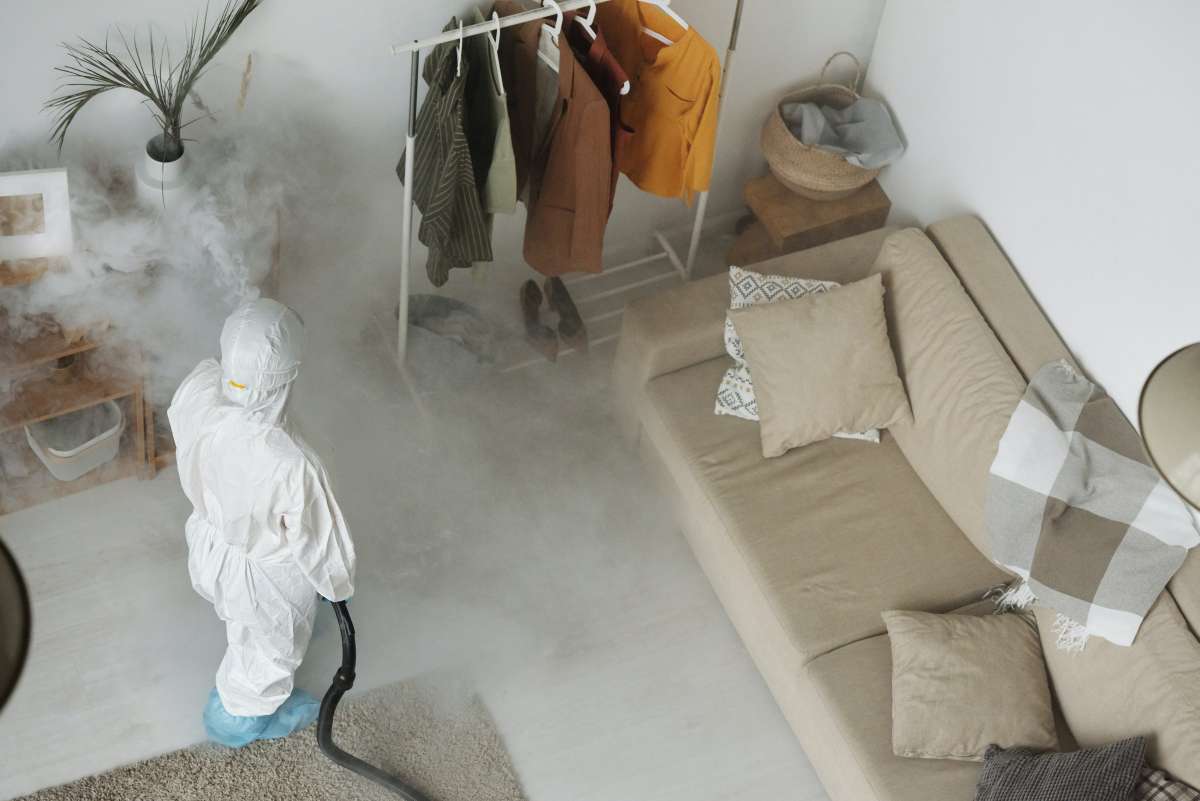
Bed bugs are the biggest nightmare of any property owner (or renter). They are merely going about their business and have no ill intentions.
Fortunately, there are tried and true ways for preventing, discouraging, and treating pest infestations in the house that don't involve spraying everything with poison. Because nobody likes to breathe in a cloud of toxic farts.
Although artificial insect repellants, spray, lures, or poisons can be successful against intruders, they can be extremely harmful or even fatal if ingested by humans or pets. The truth is that there are times when the bugs themselves would be preferable to the pesticides.
Pesticides are known to cause skin irritation, eyes, or respiratory system, as well as to interfere with hormone production and may promote the growth of various cancers.
The wrong use or application of even the safest pesticides can have devastating consequences.
The ecology can also be harmed by the usage of common household chemicals. Groundwater and surface water sources can be tainted by pesticides if these chemicals make their way into the environment.
Once released into the wild, pesticides pose a threat to both wildlife and unwary humans.
It's a relief that there are other methods of fixing a house's problems.
Everything you need to know about using natural, healthy, and environmentally-friendly methods to keep pests at bay is laid out here, from the usage of essential oils to the use of nontoxic household cleaning products.
Tidy Up
Keeping food hidden will discourage pests from making your home their hangout.
- Keep dry goods like flour, sugar, and salt in airtight plastic or glass containers.
- Avoid having trash pile up by keeping outdoor trash cans (with lids) far from entryways and taking out trash frequently.
- Don't forget about your pet's dinner!
- It's important to quickly wipe up any messes.
- Dishes should be washed immediately after use, and should not be left lying around the house to collect food particles.
- Make it a habit to recycle paper, cardboard, and plastic containers. Burrowing insects are attracted to the comfort of these materials.
This will not only make your house more comfortable, but it will also discourage pests.
Stay dry
Keep the house as dry as possible, as mosquitoes and cockroaches are attracted to moisture.
- Drain the water from the sink as soon as you're done washing the dishes to prevent it from becoming a breeding ground for cockroaches (c'mon, guys, the sauna's shutting).
- Remove pools of water left by spills or puddles. In addition, no one will be harmed by slipping. That's two points for us, because it means no cockroaches and no bug bites.
- Pipe, sinks, appliances, and plumbing fixtures that leak should be repaired.
Cockroaches and mosquitoes, oh my! Keep your distance!
Fix Things up Like a Pro
Do you still intend to patch up that broken door or wall? It is now or never to fulfil that pledge.
If there is even a pinhole of space, bugs of all kinds and sizes will be able to walk right in and act as if they control the place.
- Repair any broken screens or wall sections, particularly around the openings.
- It's time to break out the sealing gun and reseal the baseboards, window, and pipes. If you want people to start calling you "Macauley," you need to caulk so much that your name becomes synonymous with the activity. That should teach them not to bother your house again!
- Keep mulch and firewood piles several feet away from the house's base. Both places are easily accessible to bugs. Please provide at least 30 feet of space between the pile and your home. Very much appreciated.
Conclusion
Cockroaches, ants, bedbugs, fleas, ticks, and mosquitoes are all plausible candidates. Possible insects include beetles, grain moths, spiders, centipedes, flies, gnats, and termites. As a general rule, bedbugs are difficult to detect and even more challenging to eliminate. However, they are a threat to society and must be eradicated. Cockroaches and ticks can spread disease, so it's important to store perishables like flour, cereal, grains, sugars, and other foods in airtight containers.
Avoiding tick hotspots, treating clothing and gear with 0.5% permethrin, and using an insect repellent are all effective ways to keep these pesky insects at bay. The annual death toll attributable to malaria-carrying mosquitoes is estimated at between 2 and 3 million. A physical barrier is usually more effective than pesticides for keeping mosquitoes away from a home, but using the right pesticide can help. Verify that all wall and window screens are securely fastened and that there are no uncovered wiring or other openings. The first sign of a flea infestation is typically an adjustment in your pet's demeanour.
Carpenter ants favour framing and flooring that have been wetted down by a roof leak or a broken water pipe because these materials are soft and pliable. You can find the nest quickly if you create some openings. Kill the insects with an insecticide spray. Pests are less likely to inhabit a home where food is kept out of sight. Flour, sugar, and salt are examples of dry goods that benefit from being stored in airtight containers.
Content Summary
- Insects are universally reviled, yet everyone has their own "Insect I Love to Hate."
- Although the variety of insects is high, some common pests do seem to recur more often than others.
- The cockroach, ant, bed insect, flea, tick, and mosquito are all strong candidates for inclusion.
- Our 'top nominees' share another trait: they are difficult to detect and even more challenging to eradicate.
- Verify that the insects are, in fact, bed bugs.
- Clutter and debris in the bedroom provide the perfect hiding places for bed bugs.
- Start by giving the baseboard, furniture, mattresses, box springs, bed frames, shelves, drapes, carpets, and anything else in the house a good vacuum.
- Water is essential for the survival of cockroaches.
- And if there are deer around, you can bet there are ticks, too!
- Finally, whether you, your pet, or your child has been outside, be sure to check for ticks every day.
- It's better to check for mosquitoes outdoors, where they prefer to lay their eggs (often in marshes, swamps, choked ditches, or temporary pools and puddles).
- In order to reduce mosquito populations, it is advised that breeding grounds be destroyed.
- Using the right pesticide is helpful for keeping mosquitoes away from your home, but a physical barrier is usually the most effective method.
- You'll need a strong, nonresidual insecticide to get rid of fleas in your home.
- Spray the areas where fleas are most prone to congregate, such as the furniture, the floor, the rugs, the carpets, the curtains, and the pet bedding.
- Though they don't eat wood, they still do significant structural damage.
- That's why it's so important to swiftly locate and destroy the nest.
- Water damage can occur everywhere, so it's important to keep an eye out for signs of it in places like the attic, the bathroom, and the external walls.
- Apply an insecticide spray to kill the bugs.
- Fortunately, there are tried and true ways for preventing, discouraging, and treating pest infestations in the house that don't involve spraying everything with poison.
- It's a relief that there are other methods of fixing a house's problems.
- Everything you need to know about using natural, healthy, and environmentally-friendly methods to keep pests at bay is laid out here, from the usage of essential oils to the use of nontoxic household cleaning products.
- Keeping food hidden will discourage pests from making your home their hangout.
- It's important to quickly wipe up any messes.
- Keep the house as dry as possible, as mosquitoes and cockroaches are attracted to moisture.
- Repair any broken screens or wall sections, particularly around the openings.
FAQS About Pest Control
Within a day or two, you should start to observe a marked decrease in insect activity. The length of time required to achieve the desired effects is based on the type of pest we are fighting and the products we decide to use.
Early spring is ideal for having your home sprayed. Spraying in the early spring allows you to eliminate nests or colonies when insect populations are at their lowest. The treatment requires less effort from the patient and has a longer duration as a result.
Common pests can be prevented with a 15- to 30-minute treatment. Depending on how extensive an infestation is, it can take anywhere from 90 to 120 minutes to get rid of ants or cockroaches. To kill termites, heat for at least four hours.
Having a monthly or bimonthly appointment with a pest control provider is strongly suggested. You can use this to prevent spiders, silverfish, and other insects and rodents from entering the interior of your home.
Having your home or business protected by a pest control service is important because insects may spread disease and cause extensive damage. In most cases, when people think of "pest management" or "pest control," they envision the elimination of insects like cockroaches, spiders, and fleas.

